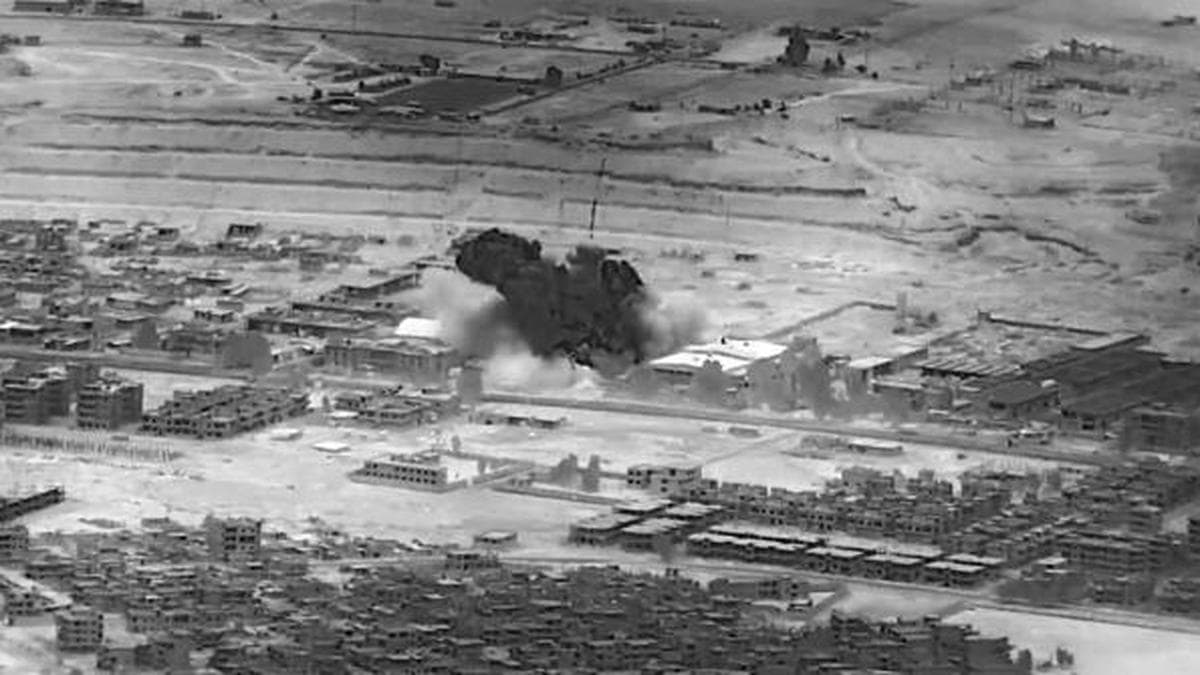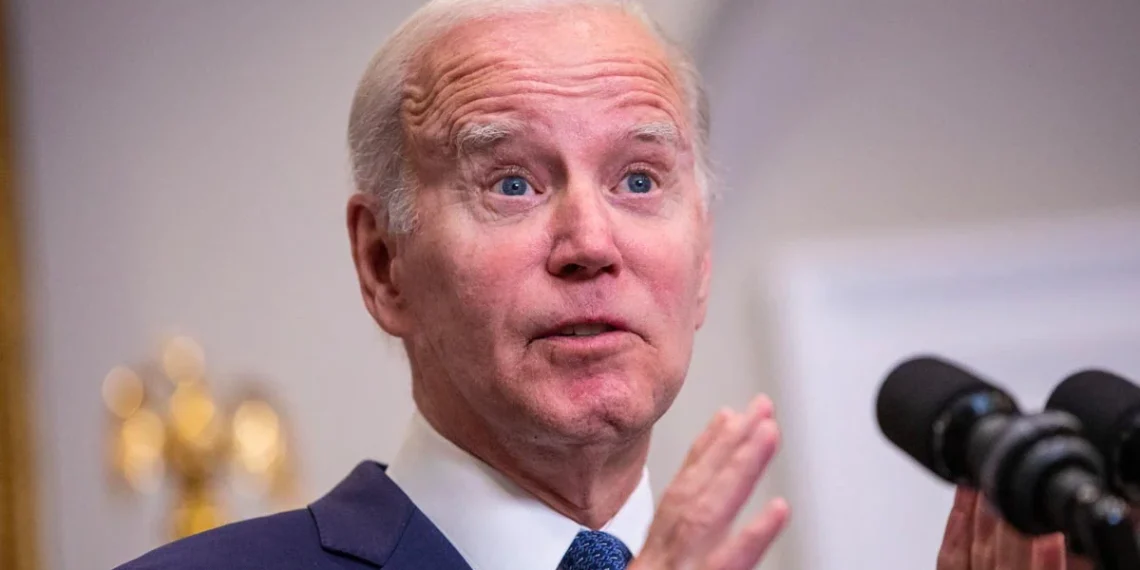US officials admitted on Monday that Iraq had not been notified prior to a series of strikes on Iran-linked targets within its borders, contrary to earlier claims. State Department spokesperson Vedant Patel clarified that while Iraq was promptly informed after the strikes, there was no pre-notification. Patel emphasized that Iraq, like other regional nations, was aware of potential reprisals following attacks on US soldiers.
This acknowledgment followed conflicting statements from National Security Council spokesman John Kirby, who initially stated that the Iraqi government was informed before the strikes but later confirmed his error. Kirby apologized for the confusion, attributing the miscommunication to the information provided to him shortly after the attacks.
The corrective statement came after the US targeted over 80 sites in Iraq and Syria linked to Iran’s Islamic Revolutionary Guard Corps (IRGC) and its proxies. The strikes were retaliation for a drone attack on a US outpost in Jordan that resulted in the deaths of three American soldiers.
Iraq swiftly condemned the US strikes, labeling them a violation of its sovereignty and exacerbating regional tensions. The Iraqi government has been increasingly vocal in calling for the withdrawal of US forces from its territory, a topic expected to be discussed in upcoming talks between the US and Iraq.

Although officials have refrained from confirming a withdrawal, they emphasized the need for transitioning to a bilateral security cooperation relationship. The NSC spokesperson reiterated that Iraq anticipated a US response to the Jordan incident but cited operational security as the reason for the lack of pre-notification.
The Pentagon, meanwhile, emphasized Iraq’s importance as a partner but avoided directly addressing the notification issue. Amidst these developments, questions persist about the future of US military presence in Iraq and the implications for regional stability.





